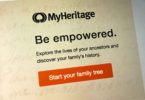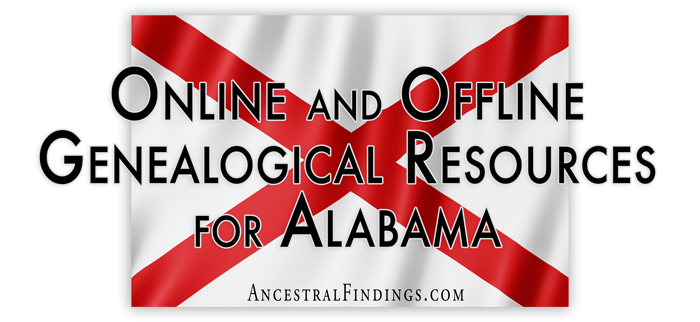Are you familiar with wikis? If you have ever used the Wikipedia website, then you have used a wiki and know what one looks like. It is a slightly different kind of website from what you are probably used to. Have you ever used one in your genealogy research? If not, you are missing out on a good source of not only gathering information but sharing it. Wikis for genealogy are excellent places to learn more about history in general, a particular location, historical events, and even the location and availability of genealogical records. This article explains what wikis are and how they can help you with your family history research.
“Wiki” is a Hawaiian word that means “quick.” It is a good way to describe wiki websites, as they are quick and easy ways to share and obtain information.
A wiki is a collaborative website. It is not maintained by one particular author, and it is not updated on a schedule or regular basis. It is updated whenever anyone who has access to its editing features feels like putting something new on it, or editing something that is already there. Anyone from around the world can update and contribute to a wiki, and there is no special software required to do it; all anyone needs is a web browser. This collaborative way of building a website makes a wiki perfect for genealogists.
When more than one person is working on a family line, a collaborative website like a wiki is a perfect solution to sharing information with not only each other but with other people around the world who may be looking into that particular family. You do not even have to know the other researchers using the wiki, though you will probably get to know each other the more you use it together, adding and sharing information on your common ancestors with one another.
Of course, the downside to a wiki is that anyone can add information to it, and the information they add may not always be correct. Also, sometimes, people put information on genealogy wikis that they know is wrong, because they want to keep a family myth that has been disproven being believed as truth among descendants. This is why you should only use genealogy wikis as starting off points for research; do not take them at face value. Use what is there to investigate it for accuracy before putting it on your family tree.
The good news is that most of the people who use a wiki are serious about their research, and will be monitoring the information put on it for accuracy. There is usually an effort among the regular users of a wiki to only put expert and verified information on there. This is what you should do if you are contributing to a genealogy wiki, which goes without saying. Still, as you would with any secondary source, you should always verify it for accuracy yourself, even if it is being monitored by serious scholars to be sure it is accurate. Nothing beats verifying something yourself in genealogy research.
There are usually footnotes on most wikis, and these footnotes tell you where certain information was found. You should always look at the footnotes and follow the sources to double check for accuracy. You might find a link to an online source, or you may find a reference to a periodical or book you can find at or order from your local library or Amazon.com. There will sometimes be poorly sourced items on a wiki, and those who contribute to it will put a “source needed” or “citation needed” note on it, indicating other researchers should find a source to verify the information and add it to the wiki. Researchers will add this note if they have not been able to find the primary source of information themselves.
So, now you know what a wiki is, you need to know how it can help you with your family history. To begin with, Wikipedia can be a huge source of information. If you are looking for the history of places or historical events, it will give you much information that will help in your family history search. There are also biographical pages for historic people, some of whom are not well known, and who might be your direct ancestors, or at least connected to them. You might find more information on your particular family line in the footnotes for these people.
You can also find information on libraries, museums, and archives that may be useful to you in your genealogy research on Wikipedia. Look up the record repositories you need on Wikipedia, then visit them online or in person to get the records you need to fill out your family tree.
If you are curious about the history of the hometown of your ancestor, you can usually find it on Wikipedia, also. It is an excellent place to go for general historical information.
Of course, Wikipedia is not the only wiki you can use for your family history research. It is just the most well-known one. However, there are wikis all over the Internet on all imaginable topics, including genealogy. You can use any of the genealogy wikis to help you with your research, and each one has something unique to offer. For example, there is the FamilySearch Family History Research Wiki. It is an excellent resource because the historical records on FamilySearch.org all have a corresponding wiki page where you can learn more about them and how they might benefit you in your research.
You can also just Google “genealogy wiki” and come up with a list of some lesser known, but no less informative and helpful, genealogy wiki websites. Some of them are dedicated to just one family, while others are worldwide family trees that anyone can contribute to or learn from for free, without having to pay a subscription fee to use. As you can see, wikis are one more tool in your genealogy toolbox that you should be using. If you haven’t tried them, now is an excellent time to discover what they can add to your family tree.






